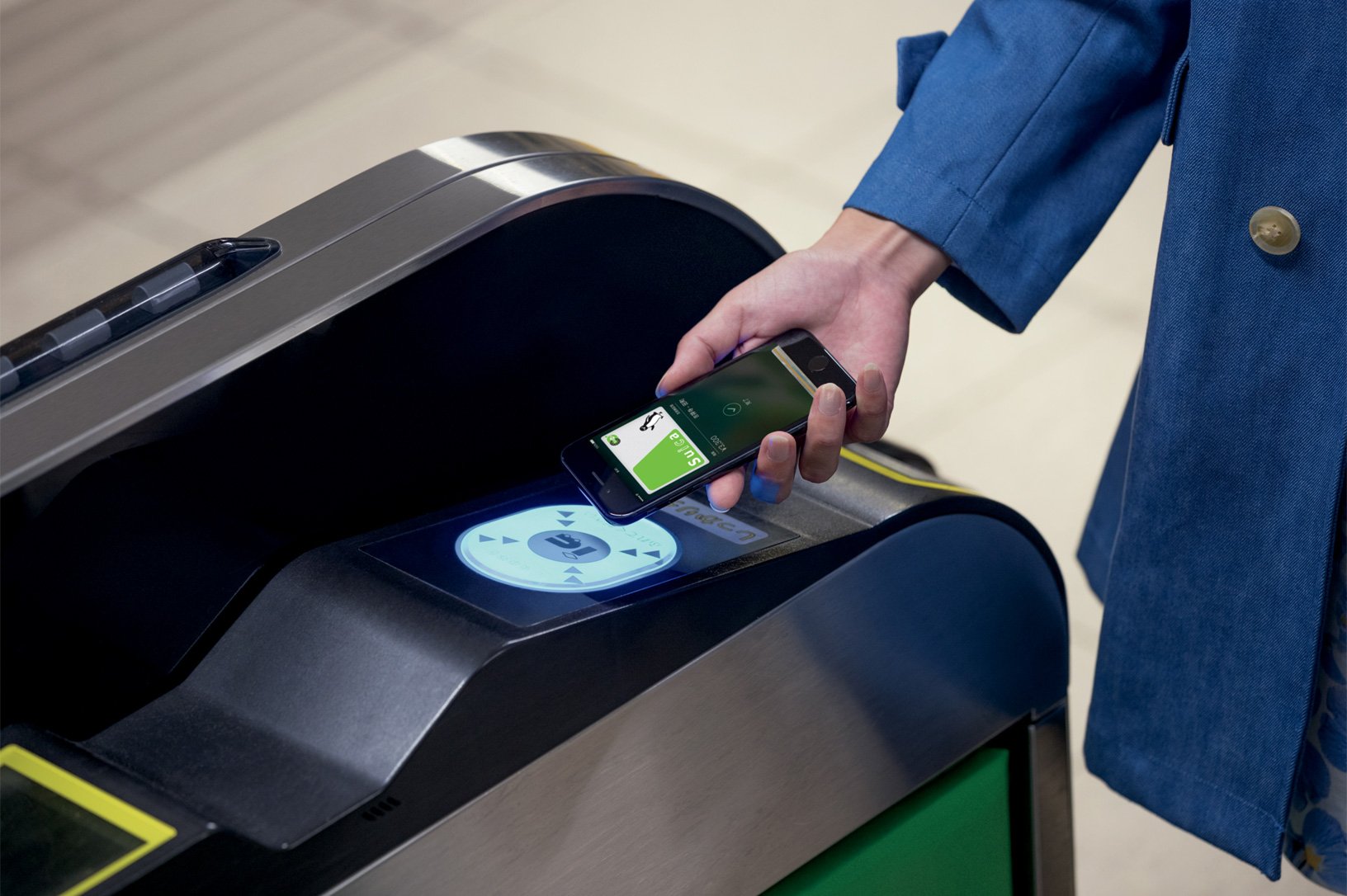Australian court asks if Apple stifles competition with lack of NFC access on iPhone

What you need to know
- Apple is under scrutiny for its current implementation of NFC on the iPhone.
- The Australian Parliamentary committee heard the case today in court.
On Monday, the Australian Parliamentary committee heard a case that asks the question if Apple is stifling competition with how it currently restricts access to the NFC chip on the iPhone.
As reported by ZDNet, Apple's response to questions from the Parliamentary Joint Committee on Corporations and Financial Services argued that Google's implementation of NFC is less secure than Apple's current approach. The company says that its current implementation is for the case of privacy and security.
"Host Card Emulation (HCE) is a less secure implementation, which was adopted by Android … Apple did not implement HCE because doing so would lead to less security on Apple devices...Google likely selected this implementation because Android software is used in a variety of hardware devices offered from many different companies other than Google, and therefore had to select a software-centric solution, even though it is a less secure than a secure element-based implementation.Apple, which offers a tight integration between the operating system and its own hardware, is able to offer a fully integrated solution that is superior to Android's approach."
Diana Layfield, Google's president of partnerships in the EMEA region. refuted Apple's claims at the committee hearing.
"Our payments apps are immensely secure … our HCE system, which is used by a very large number of banks all around the world, is audited directly by the banks … we would refute the suggestion our HCE environment is in any way insecure"I would argue the user experience on Google Pay is equal to that of Apple Pay."
Lance Blockley, who worked with the Commonwealth Bank, Westpac, the National Australia Bank, and Bendigo and Adelaide Bank to get access to Apple's NFC chip back in 2016, said that Apple's refusal to allow access to the chip is stifling competition.
"In the application we made … the point was made that the quarantine around the NFC interface would hold back innovation and competition in the market because people would not develop new mobile wallets if they only could deploy them on half the handsets in Australia, the Android handsets, and they couldn't deploy them on Apple...There is a cost of accessing the NFC interface on an iPhone and Apple Pay levies a fee to the card issuers for accessing that interface, whereas the Android platform is free to the card issuers. So in that respect, that quarantine and fee for NFC access, one would have to believe would hold back competition, because it holds back the development of new innovative wallets."
It's currently unclear who will win in the case and, if Apple loses, what it may be required to change about access to the NFC chip on the iPhone.
iMore offers spot-on advice and guidance from our team of experts, with decades of Apple device experience to lean on. Learn more with iMore!

Joe Wituschek is a Contributor at iMore. With over ten years in the technology industry, one of them being at Apple, Joe now covers the company for the website. In addition to covering breaking news, Joe also writes editorials and reviews for a range of products. He fell in love with Apple products when he got an iPod nano for Christmas almost twenty years ago. Despite being considered a "heavy" user, he has always preferred the consumer-focused products like the MacBook Air, iPad mini, and iPhone 13 mini. He will fight to the death to keep a mini iPhone in the lineup. In his free time, Joe enjoys video games, movies, photography, running, and basically everything outdoors.
